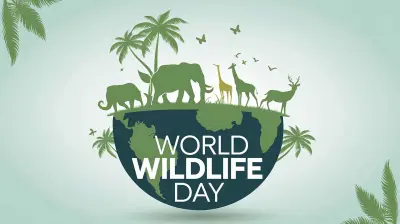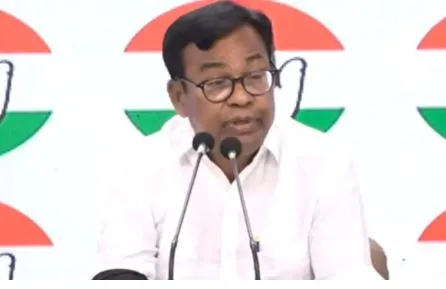

Bhubaneswar, Feb 28: While the recent ECI’s notification on Rajya Sabha elections has warmed up the Odisha political ecosystem, the Biju Janata Dal(BJD) has announced two nominees for the coveted race.
A party icon, Santrupt Mishra and an ace physician, quite away from politics Dr. Datteswar Hota has been fielded as the nominees for the Upper House.
BJD Supremo Naveen Patnaik focused Santrupt as a befitting representative for the Rajya Sabha, maybe for his leadership aptitude as a corporate human resources mobilizer. Mishra was righteously inducted to the BJD as he himself humbled to join the BJD out of his own accord, leaving high-salaried profile behind, with a mission to serve the Odisha people with active politics.
While, Dr. Hota was a common man who elevated himself to a uncommon altitude, for his service to mankind, as missionary physician, less affiliated with politics or political affairs in any way. He has been well projected by BJD Supreme Naveen Patnaik on Saturday, as one of the prospective nominees for the Rajya Sabha Election, scheduled for March 16.
Meanwhile, the ruling BJP and Congress have also started persistent endeavours to perform well for the stage.
Though the BJP’s Parliamentary Committee is to finalize the party nominees for the Rajya Sabha, the Odisha BJP has recommended some senior leaders’ name on the slate.In a crucial meeting chaired by Odisha BJP incharge Vijay Pal Singh Tomar and Co-incharge Lata Usendi in the presence of Union Ministers D Pradhan & Jual Oram, party president Manmohan Singh has sponsored the list of some deserving leaders to the Center.Thus,BJP has not personified its nominees so far.
On the other hand, the Odisha Congress is yet in a back pace to clearify its stance ahead of the Rajya Sabha election. Though the party has officially fetched a few sets of nomination papers, it has not named any candidate for the ensuing election.However, a couple of days ago, Odisha PCC Chief Bhakta Charan Das had spoked to press that the national party will actively participate in the Rajya Sabha election. He also mentionied the party’s strategic framework on representing the Rajya Sabha with a nominee of its own. However, no face from state Congress has been announced yet. Even Das has not clearified his sole intension, if the Odisha Congress would support the ruling party or the prime opposition, for its meagre membership in the state.
According to reports, the PCC chief is relying for the AICC’s resolve on the national affair. It’s why, he has been to Delhi today to discuss the matter with the AICC Chief Mallikarjun Kharge & party’s highcommand regarding the candidature issues.
Reliable sources said, the PCC Chief was in favour of Dr. Datteswar Hota, the BJD pick for Rajya Sabha. Das had reportedly shortlisted Dr. Hota in the tentative list of nominees, among his party faces. If this is believed to be true, the Odisha Congress might wholeheartedly support Dr. Hota in nominating him to the Rajya Sabha. However, Das has never mentioned anything regarding the party’s intend to supporting the BJD candidates.
Responding to News7 correspondent, Sabnam Adani in New Delhi, Das said, “I am going to meet INC President & AICC chief Kharge in this connection right today.His decision will be our final resolve on the Rajya Sabha election.”
The party will make its decision public on March 2 following a meeting at the Congress Bhawan with the state leaderships, Das added.